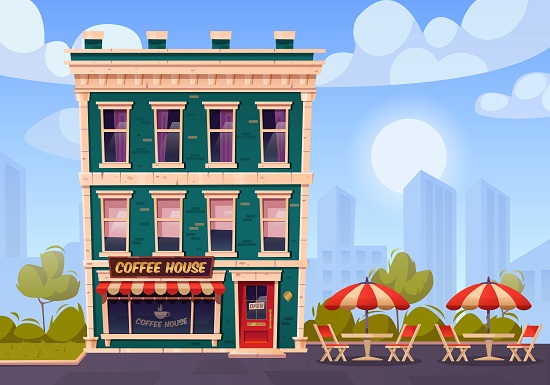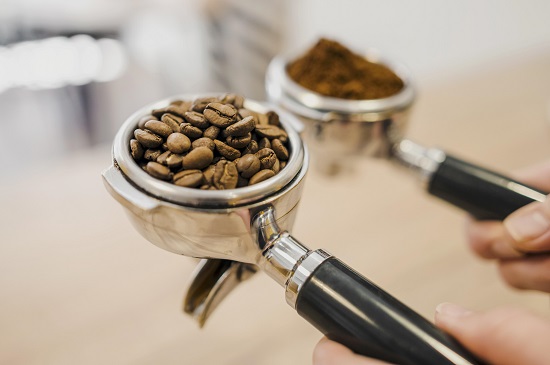A BRIEF HISTORY OF COFFEEHOUSES IN EUROPE
Coffee houses have been an integral part of European culture for centuries, serving as places of socialization, gathering, and intellectual discourse. The first coffee house in Europe opened in Venice in 1645, and from there, they quickly spread throughout the continent. By the 18th century, coffee houses had become known as "penny universities," where people could engage in intellectual discussions with others over a cup of coffee. The Enlightenment movement heavily influenced
COFFEE IN NORTHERN EUROPE
Coffee has a strong presence in Northern Europe, with Denmark, Sweden, Norway, Finland, and Iceland all embracing the drink as an integral part of daily life. The introduction of coffee to these countries dates back to the 17th century, and it quickly became popular among the upper classes. Coffeehouses began to open, becoming popular gathering places for intellectuals to socialize, discuss ideas, and debate politics. Today, each country has developed its unique coffee
WHAT MAKES GOOD COFFEE?
Coffee is more than just a beverage; it's an experience. The perfect cup of coffee requires attention to detail, from the freshness of the beans to the brewing method and temperature. Freshness is crucial, as coffee beans start to lose their flavor and aroma as soon as they're roasted. High-quality beans, grown at high altitudes and carefully processed, have a unique and complex flavor profile that lower-quality beans can't replicate. Proper grinding is
THE ROLE OF COFFEE AT WORK
Coffee has become an essential part of workplace culture, providing both social and cognitive benefits. Coffee breaks allow colleagues to socialize and build relationships while providing a chance to recharge and step away from work. The caffeine in coffee can improve alertness, concentration, and memory, making it an ideal drink for those who need to be productive and focused. However, too much coffee can lead to negative side effects such as jitters,
A BRIEF HISTORY OF COFFEE
Coffee has been a part of human culture for centuries, with its earliest origins shrouded in legend and mystery. According to one popular legend, coffee was discovered by a goat herder in Ethiopia in the 9th century. From there, it spread throughout the Arab world, where it was initially used for medicinal purposes and later became a popular social drink. The popularity of coffee soon spread to Europe and the Americas, where
SOME INTERESTING FACTS ABOUT COFFEE
Coffee is much more than just a morning pick-me-up; it is a beloved and fascinating beverage with a rich history and many interesting facts. Did you know that coffee is the second most traded commodity in the world after crude oil? Or that the origin of coffee can be traced back to Ethiopia, where a goat herder named Kaldi discovered the energizing effects of coffee beans? These are just a few of
COFFEE RECIPES
Coffee lovers rejoice! In this blog post, we'll explore some delicious coffee recipes you can try at home. From the classic vanilla latte to the refreshing Italian iced coffee, these recipes are easy to make and customizable to your taste. First, we have Italian iced coffee, also known as caffè shakerato. This drink is perfect for warm weather, and it's easy to make. You only need espresso, sugar, ice cubes, and a cocktail
FAMOUS COFFEE LOVERS
Coffee has been a staple of human culture for centuries, and many of history's most famous figures have been known to indulge in its delicious and energizing properties. From the prolific composer Johann Sebastian Bach to the renowned philosopher Voltaire, coffee has played an important role in the lives of many influential individuals. Teddy Roosevelt famously consumed a gallon of coffee a day, while Napoleon Bonaparte carried a portable coffee pot with








